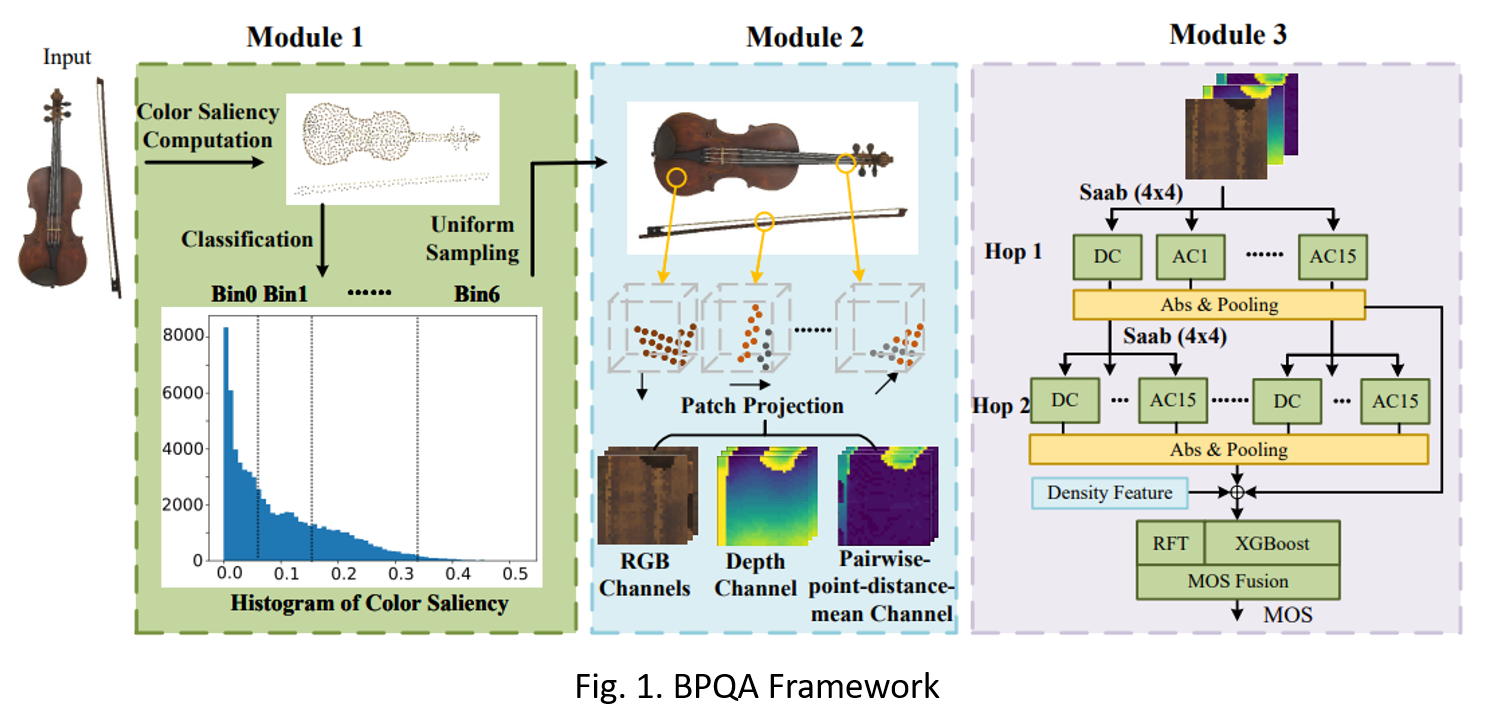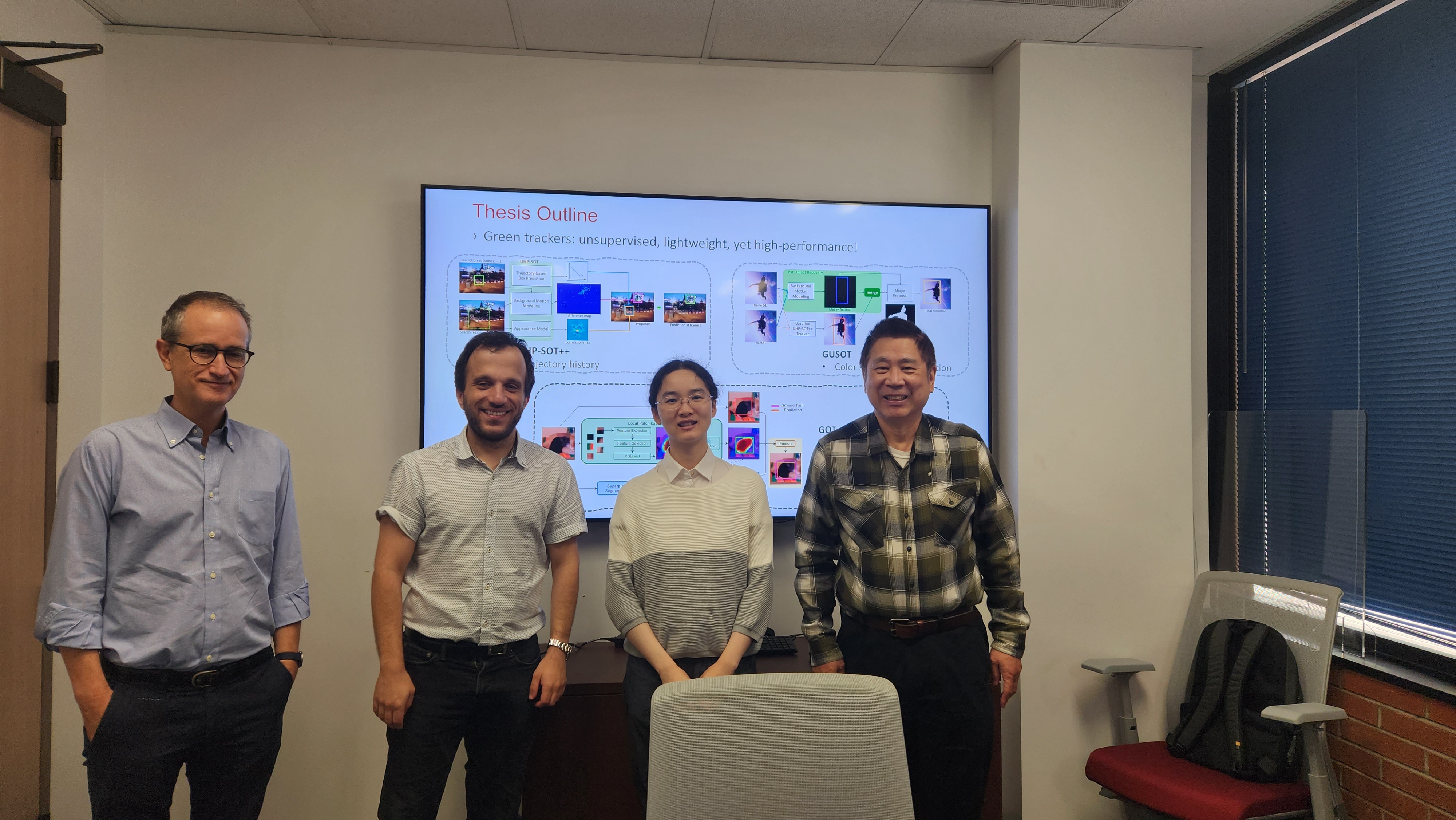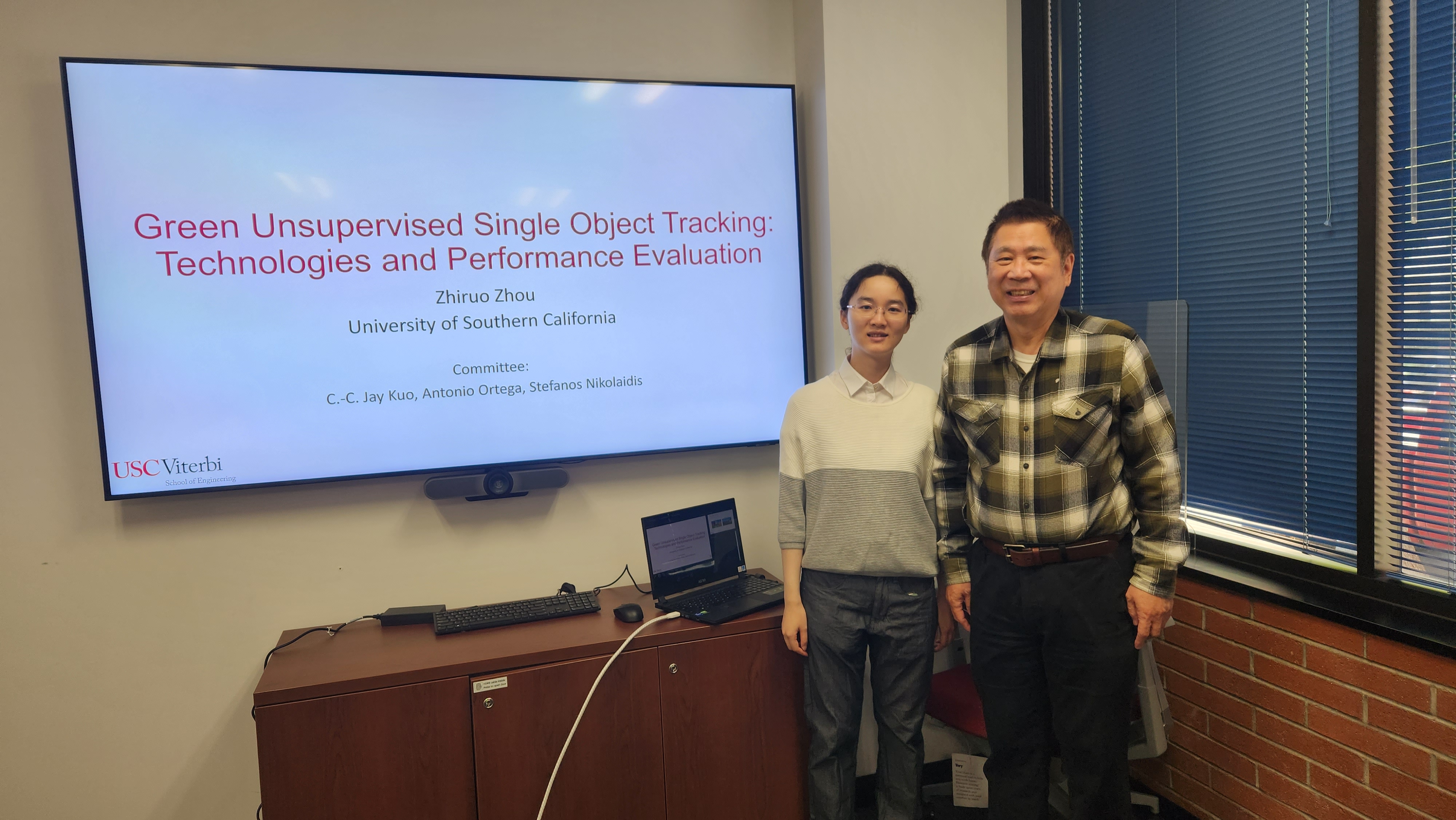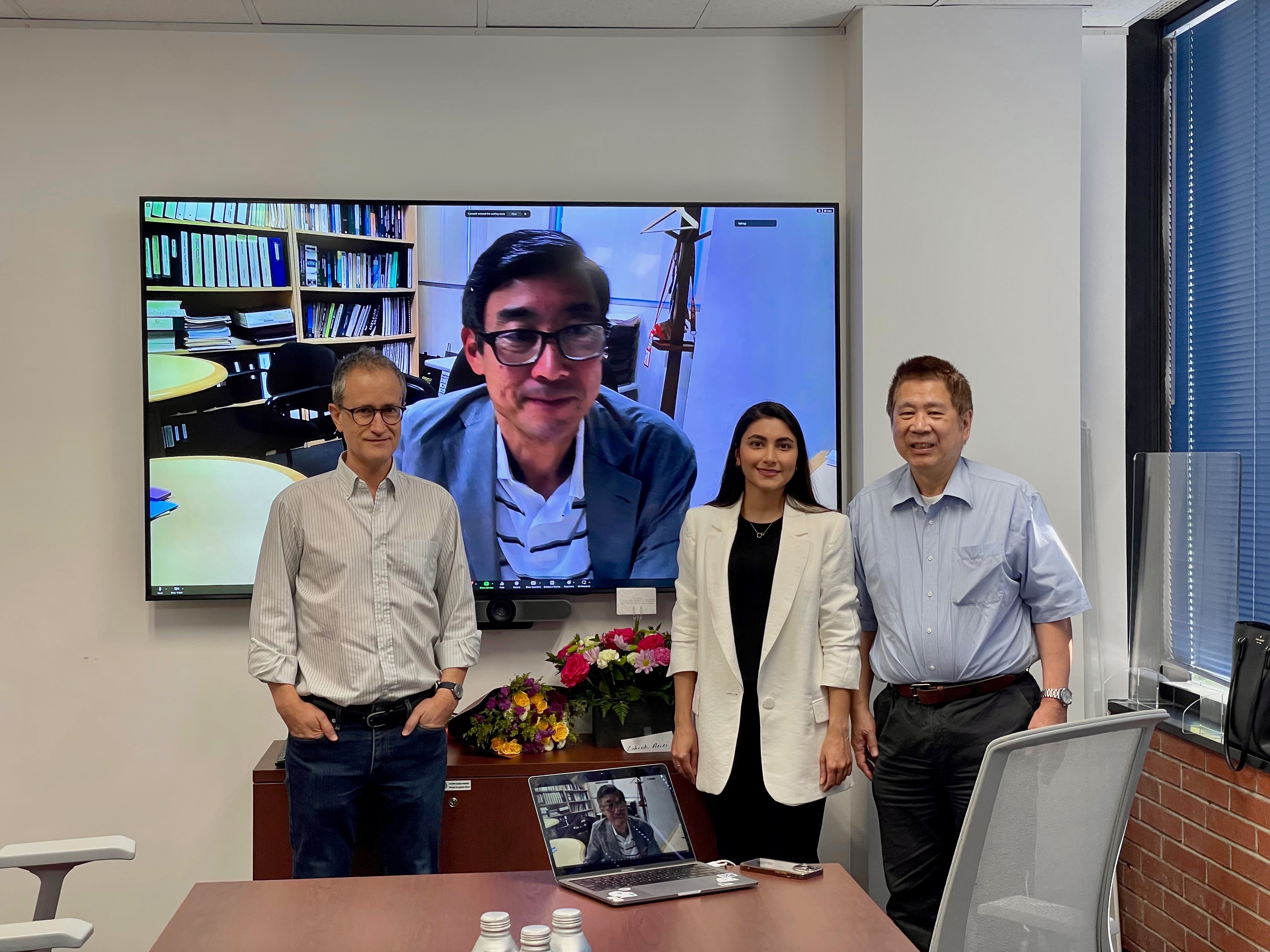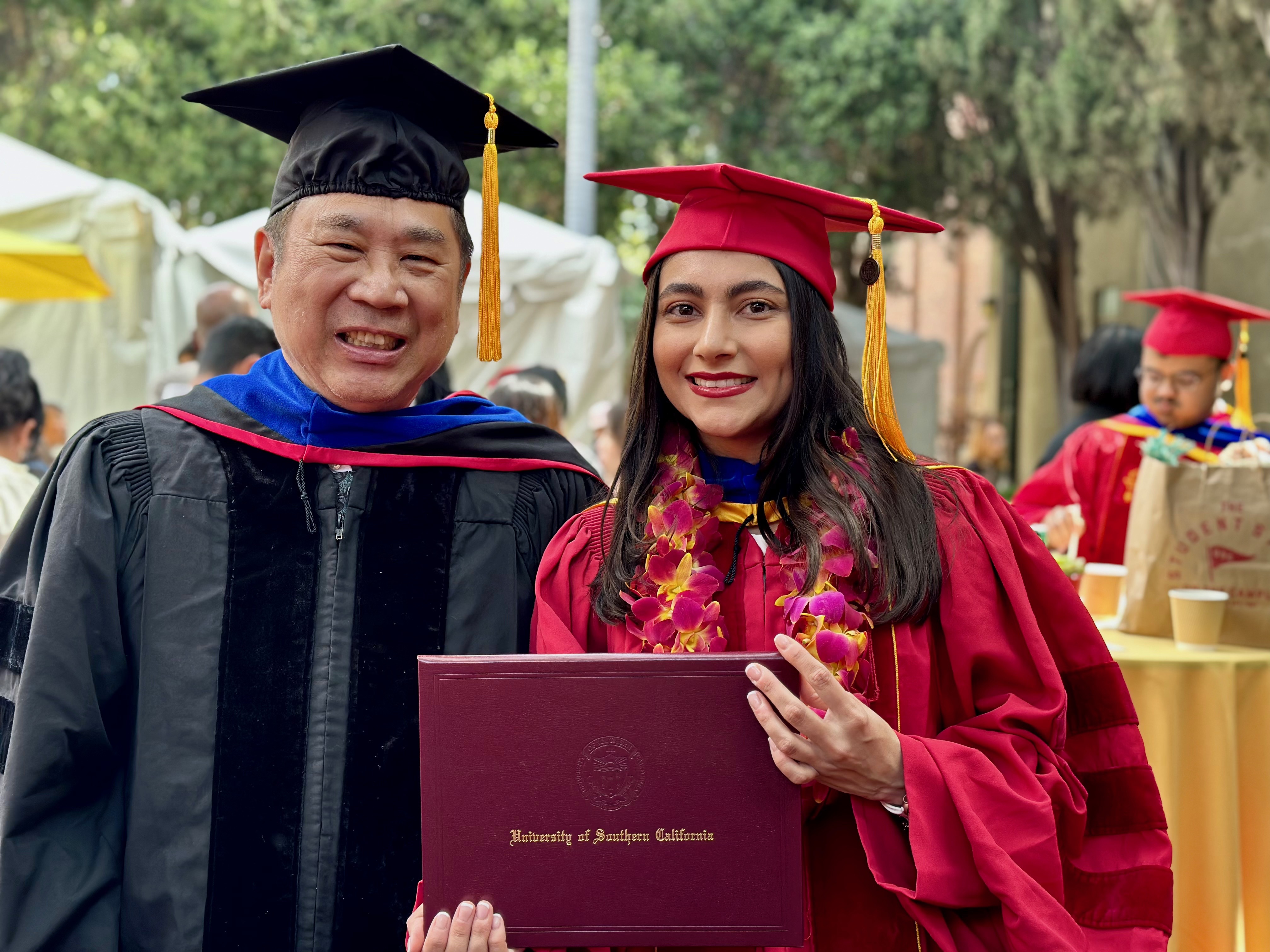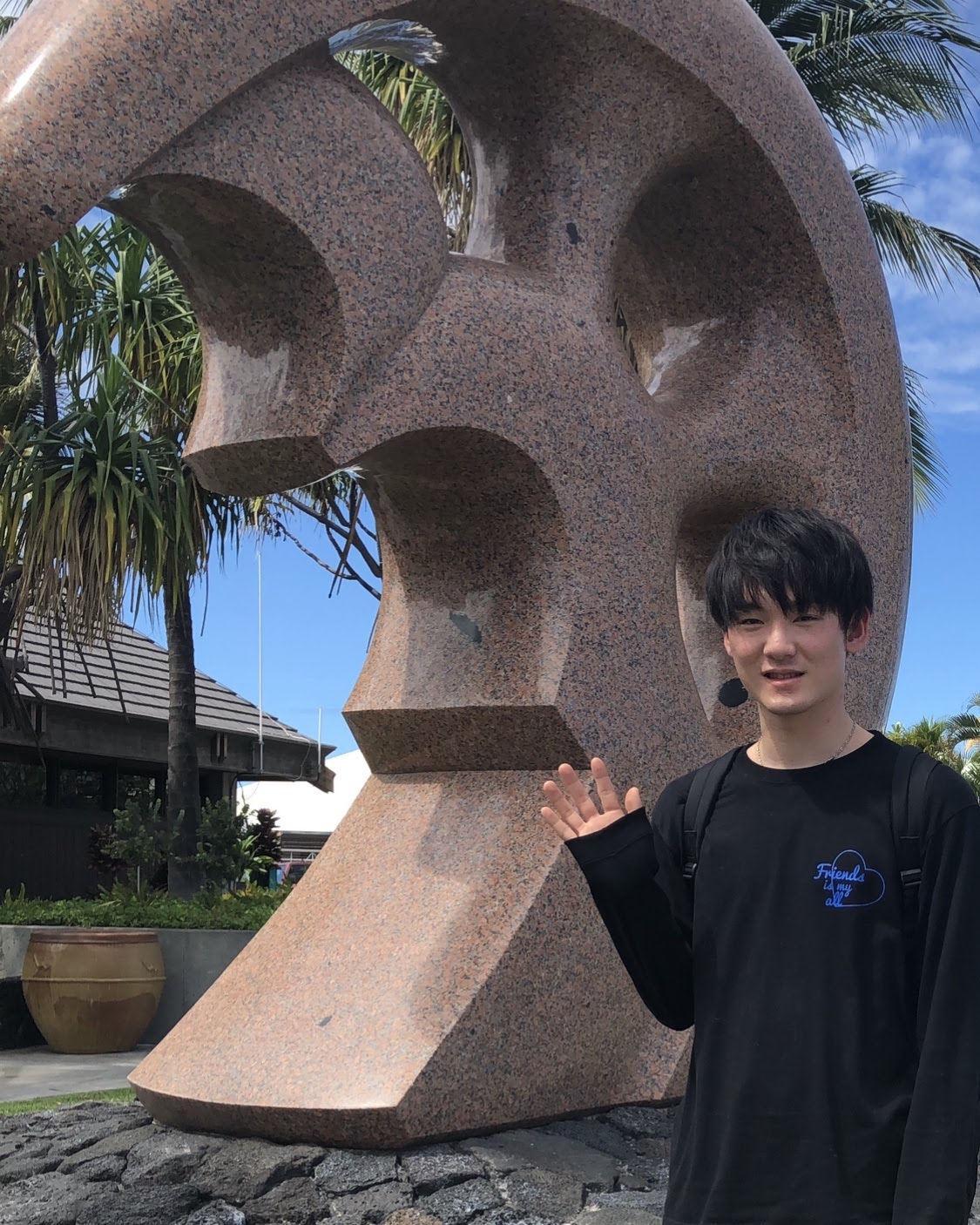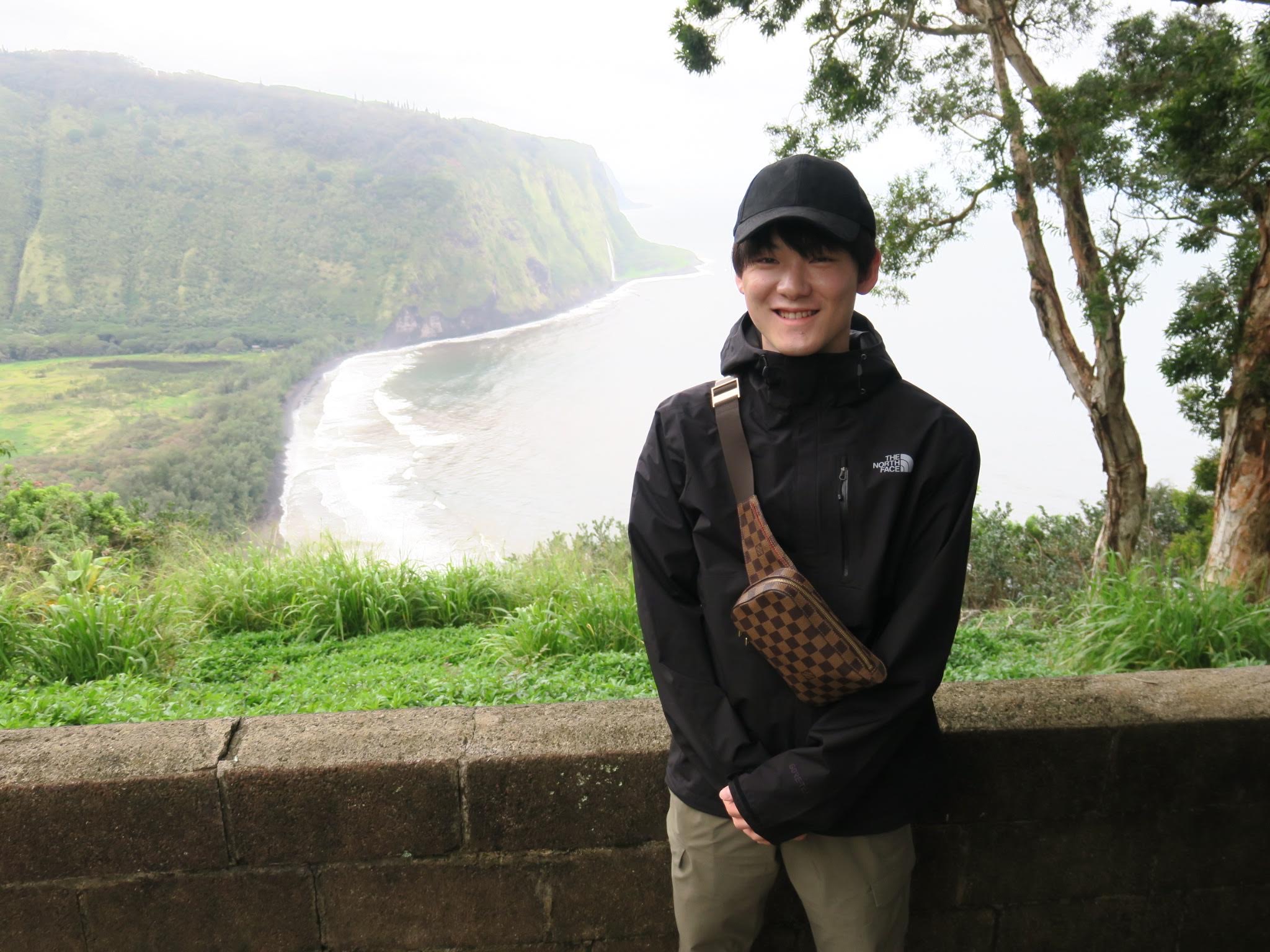MCL Research on Enhanced Image-to-Image Translation
The objective of image-to-image (I2I) translation involves learning a mapping from a source domain to
a target domain. Specifically, it aims at transforming images of the source style to those of the target
style with content consistency. While there is a domain gap, it can be mitigated by aligning the
distributions of the source and the target domains. Nevertheless, disparities between class distributions
of the source and target domains result in semantic distortion (see Figure 1); namely, different
semantics of correspondent regions between input and output. The semantic distortion could potentially
impact the efficacy of downstream tasks, such as semantic segmentation or object classification.
In this work, we propose a novel contrastive learning-based method that alleviates semantic
distortion by ensuring semantic consistency between input and output images. This is achieved by
enhancing the inter-dependence of structure and texture features between input and output by
maximizing their mutual information. In addition, we exploit multiscale predictions to boost the
I2I translation performance by employing global context and local detail information jointly to
predict translated images of superior quality, especially for high-resolution images. Hard negative
sampling is also applied to reduce semantic distortion by sampling informative negative samples.
For brevity, we refer to our method as SemST. Experiments conducted on I2I translation across
various datasets demonstrate the state-of-the-art performance of the SemST method. Additionally,
utilizing refined synthetic images in different UDA tasks confirms its potential for enhancing the
performance of UDA.



